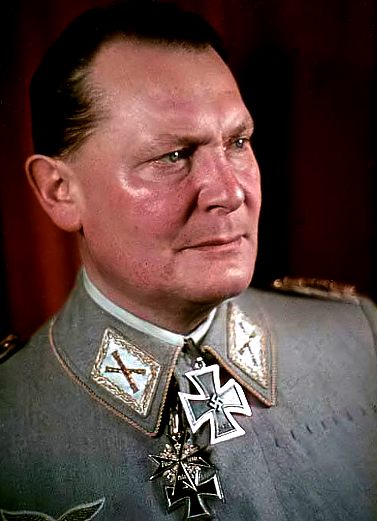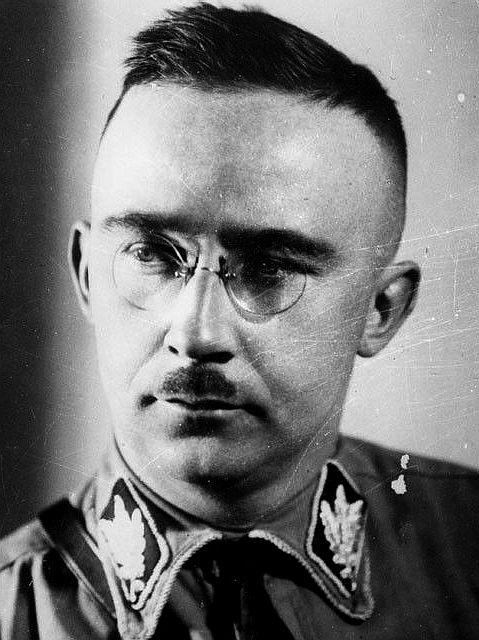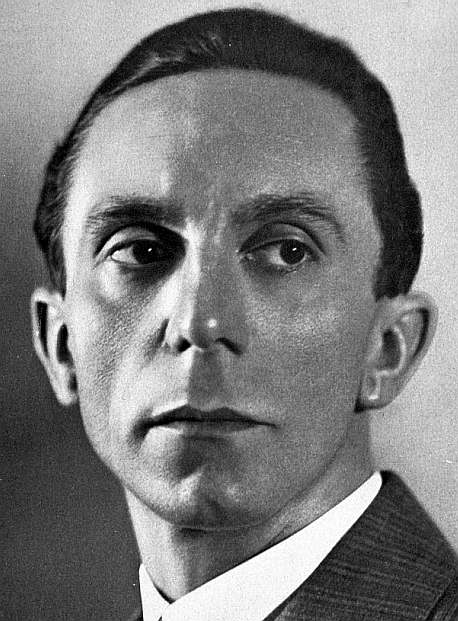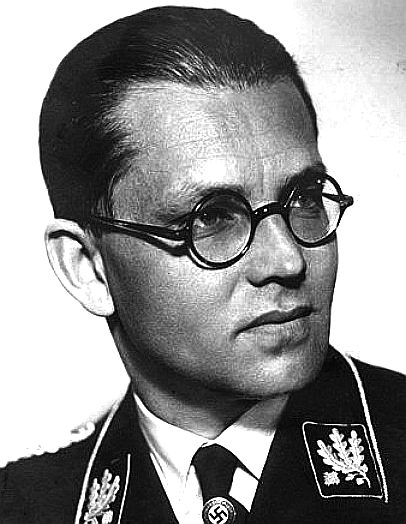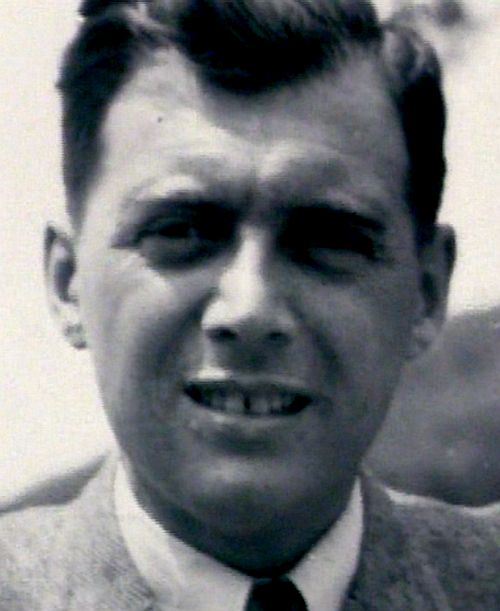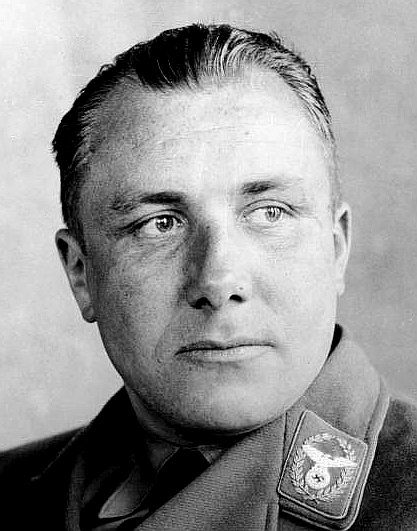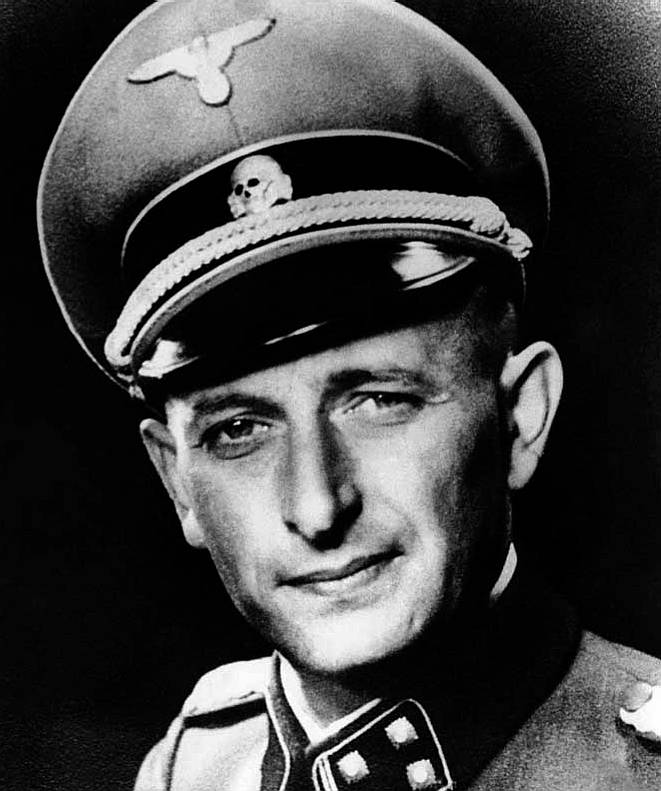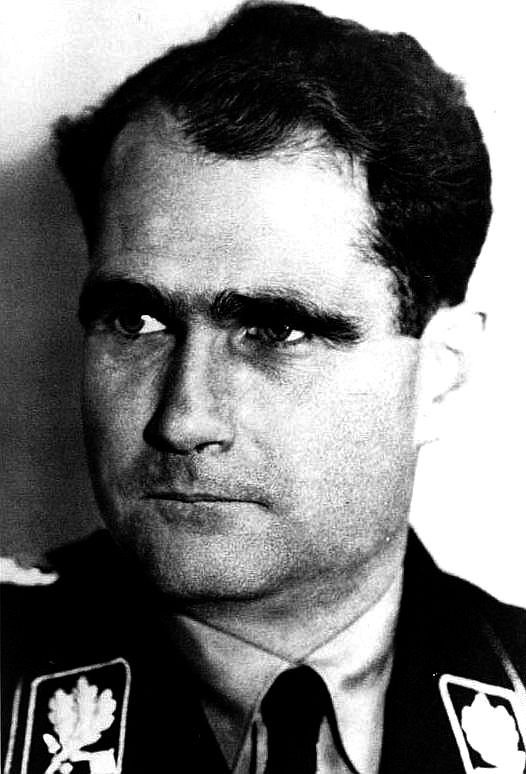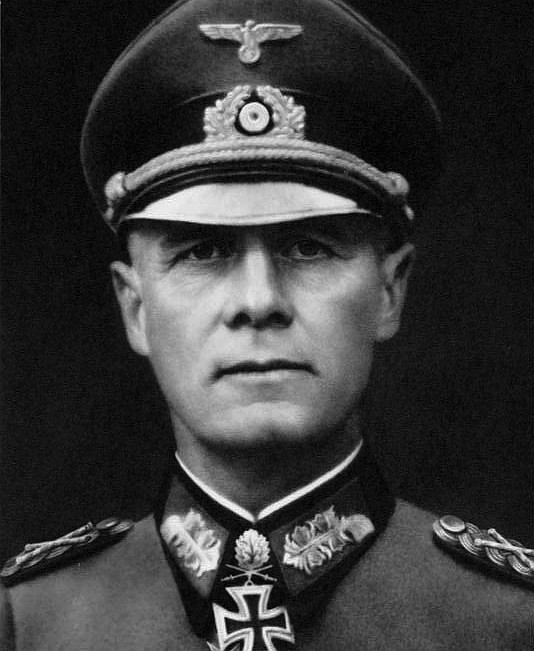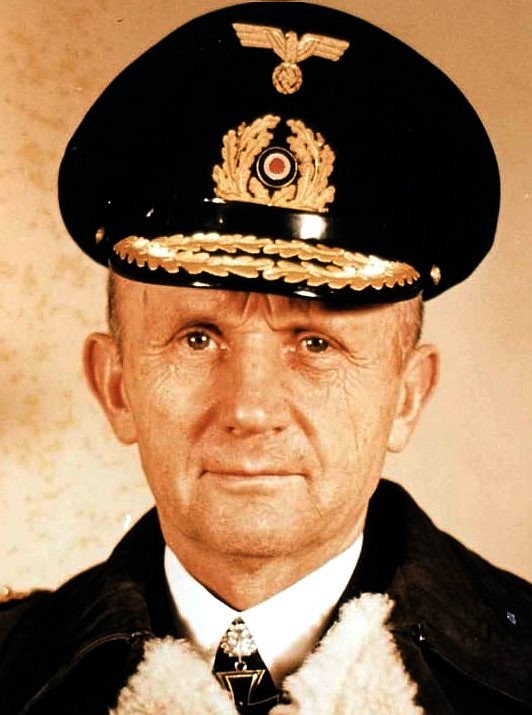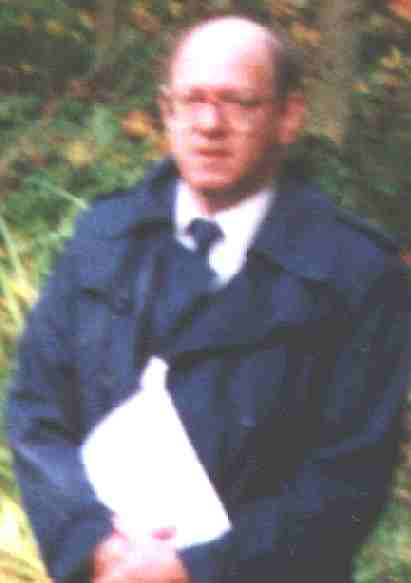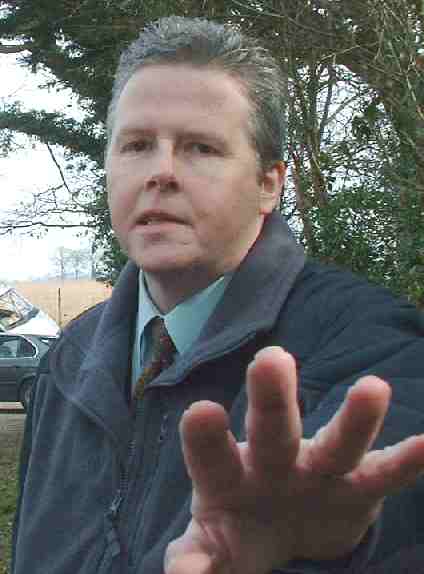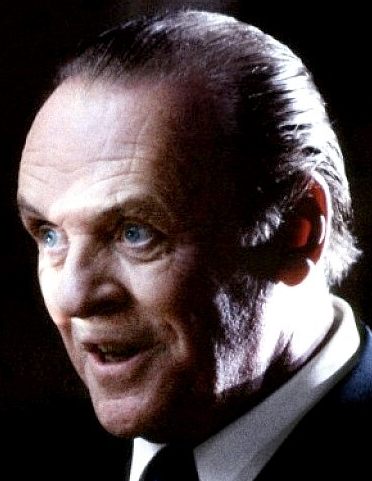|
AMNESIA
HOME | A-Z INDEX | MEMBERS | MPS | OFFICERS HOME | AFFORDABLE | CLIMATE | DEVELOPERS | ECONOMY | FLOOD | HISTORY | HOMES LADDER | MORALS | POVERTY | PROPERTY | SLAVERY | TAXES | SLUMS | VALUATIONS | WEALTH
|
||||||||||||||||||||||||||||||
|
Amnesia Convenientus: (See Monty Python)
A condition prevalent in planning departments and other council legal areas - where the victim is prone to memory loss when confronted with certain types of document*. ESP. A document that counters his council's official position.
In some cases where the victim has been confronted with confirmation as to the validity of a document, or even a document bearing his signature, even on oath in the unfamiliar surroundings of a courtroom, the memory could still not be activated. Experts believe the type of copy paper used by Council's and Solicitors may be a contributory factor. Other experts say that is bollocks.
The cure is a long spell at Her Majesty's Pleasure. Here, Here. We're in favour of the birch and hefty fines. Although, even these remedies cannot cure those poor unfortunates working in Councils for in excess of 5 years, when they occasionally develop dual personalities and go barking.
Other symptoms involve involuntary sexual excesses in public places, but the less said about that the better.
A long term study involves two patients who worked at Wealden District Council where their condition was protected by the state. These were, David Phillips and Ian Kay. They must be suffering still because any honest person would have blown the whistle by now. Ian Kay in particular seems to have forgotten who his father in law (and so the parentage of his wife) were when dealing with Dennis Best's planning applications - and so to many of his colleagues at Wealden District Council who knew about the relationship but failed to mention it on occasion, but we hope they will be helping police with their enquiries; perhaps when their memory returns.
One of the most startling cases of Amnesia Convenientus was in 1987 when Raymond Dannreuther and Peter Townley completely forgot to mention that they knew each other from their service days (UK Navy and Marines) during World War Two.
SOME FAMOUS AMNESIACS FROM 1939 TO 1945
WEALDEN'S OFFICERS FROM 1983 TO 2018
Abbott Trevor - Alcock Charmain - Ditto - Arnold Chris (Christine) - Barakchizadeh Lesley - Paul Barker - Bending Christopher Black Julian - Boakes Beverley - Bradshaw Clifford - Brigginshaw Marina - Brown Ashley - Coffey Patrick - Douglas Sheelagh Dowsett Timothy - Flemming Mike - Forder Ralph - Garrett Martyn - Goodwin Daniel - Henham J - Holness Derek Hoy Thomas - Johnson Geoff - Kavanagh Geoff - Kay Ian - Kay I. M. - Barbara Kingsford - Lant Charles - Mercer Richard Mileman Niall - Moon Craig - Moss Douglas, J. - Nuttall Christine - Pettigrew Rex - Phillips David - Scarpa Victorio - Scott Trevor Kevin Stewart - Wakeford Michael. - Whibley David - White, George - Williams Kelvin - Wilson Kenneth - White Steve
Amnesia and Memory Loss - Medical ConditionAmnesia occurs when the portion of the brain responsible for retrieving stored memories is somehow compromised*. This region of the brain is known as the limbic system; it comprises the hippocampus, the amygdala, and portions of the cortex. Besides retrieving memory, the limbic system is responsible for coordination of emotion and motivation and for some of the functions of the endocrine system.
People are amnesiac when the memory retrieval portion of the limbic system isn’t working properly but there is otherwise no change in language, attention span, visual/spatial functioning, or motivation.
Memories are not actually stored in the limbic system or the hippocampus. Rather, several areas of the brain are involved in memory; the type of information being assimilated determines where it is stored. For example, visual and auditory patterns are stored in the temporal lobe, whereas the parietal lobe stores language, speech, word usage, and comprehension.
Forms of Amnesia: Different Ways to Forget
There are two types of memory. Short-term or “working” memory stores information one needs to remember in the next few seconds, minutes, or hours (e.g., a telephone number or driving directions). Long-term memory includes relational and procedural memory. Relational memory is concerned with relationships among objects and depends on the hippocampus. In amnesia, both relational memory and short-term memory may be impaired. Procedural memory represents memory for single objects or tasks (e.g., riding a bicycle) and depends on cortical processors that remain intact in amnesia. This helps explain why amnesiacs often remember basic skills and motor function.
There are several forms of amnesia:
* Anterograde amnesia is the most common. It is characterized by the inability to store, retain, or recall new knowledge after the event that triggers the onset of amnesia. Patients in this state often cannot remember what they ate for their last meal or events from the immediate past. They may fill in gaps in their memory with fabricated events (confabulation). This is the type of amnesia seen in dementia and Alzheimer’s disease.
* Retrograde amnesia is the loss of memories of events that occurred before the onset of amnesia. This is the form of amnesia most people think of when they hear the word amnesia. It often occurs after a head injury.
* Transient global amnesia is a temporary loss of all memory, especially the ability to form new memories, with milder loss of past memories, going back several hours. This form is rare and seen mostly in older people. It usually dissipates within 24 to 48 hours. Transient global amnesia may be caused by migraine, small seizures in the temporal lobe, or transient ischemic attacks. Patients with this condition may become disoriented and repeatedly ask who they are, where they are, and what they are doing. Because this form of amnesia typically resolves on its own and only rarely recurs, there is no recommended treatment for it.
There are many possible causes of amnesia. The most common include Alzheimer’s disease, traumatic brain injury (head trauma), brain infection (such as encephalitis or meningitis), dementia, seizures, and stroke. Less common causes include a brain tumor or psychiatric disorders (schizophrenia, depression, criminal behavior, or psychogenic amnesia). Psychogenic amnesia usually happens in close association with a stressful event that involves serious threat to life or health. Criminals frequently present with amnesia: reports indicate that 23 percent to 65 percent of murderers claim amnesia for their crimes.
Amnesia can occur because of brain damage that interferes with memory storage, retrieval, or consolidation. What ultimately causes the memory loss - a failure to store memories or a failure to retrieve them - remains unclear. However, a study using rats suggested that memory loss is probably due to an error in memory retrieval, which explains why amnesiacs can usually recover their memories.
Amnesia is also a symptom of Wernicke-Korsakoff syndrome. Wernicke-Korsakoff is caused by a severe thiamine (vitamin B1) deficiency due to chronic alcoholism or malnourishment. Thiamine is necessary for the body to process carbohydrates. Besides amnesia, symptoms of Wernicke-Korsakoff include confusion, loss of balance, drowsiness, and problems with vision, such as double vision or rapid movement of the eye. In severe cases, the memory loss may be accompanied by agitation and dementia. The standard treatment is intravenous thiamine, administered as soon as possible after symptoms become apparent. This therapy does not correct the condition, however, and recovery may be gradual and incomplete.
Drugs besides alcohol can lead to amnesia. These include recreational drugs such as cocaine, LSD, PCP, and mescaline. Several prescription medications, including aminophylline, barbiturates, bromide, digoxin, diuretics, isoniazid, methyldopa, and tricyclic antidepressants, can also cause transient amnesia (Brna TG et al 1990). Any drug-related impairment is usually resolved once the drug is discontinued.
|
||||||||||||||||||||||||||||||

